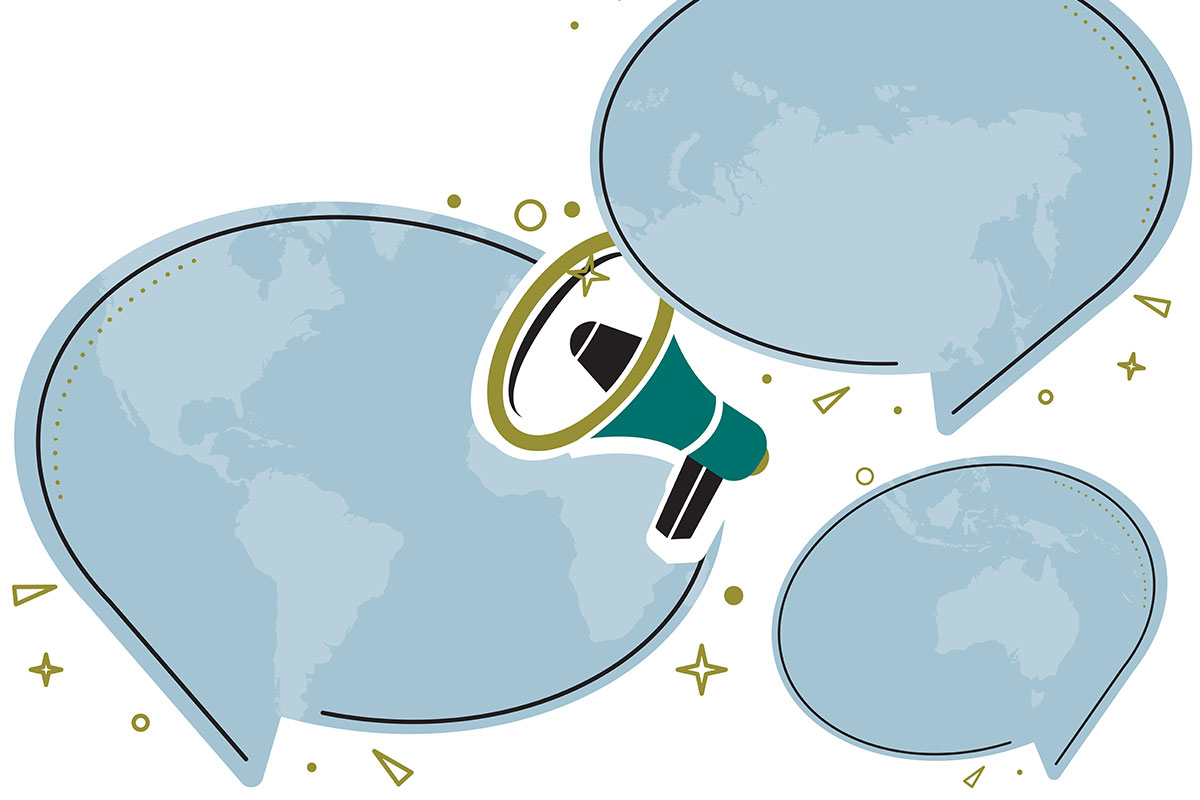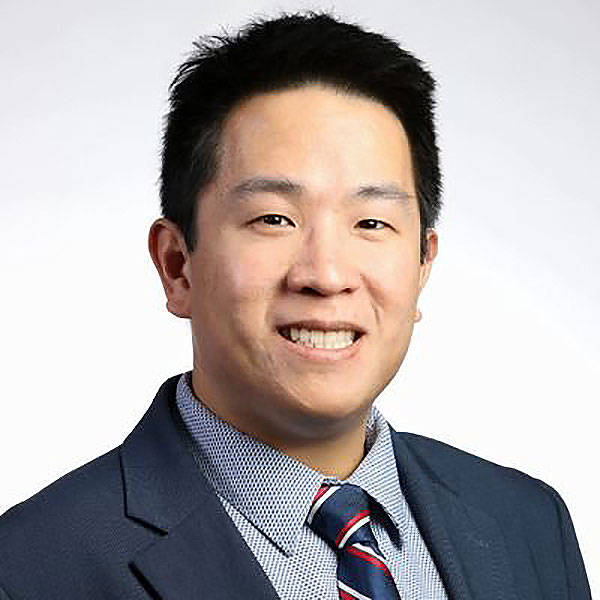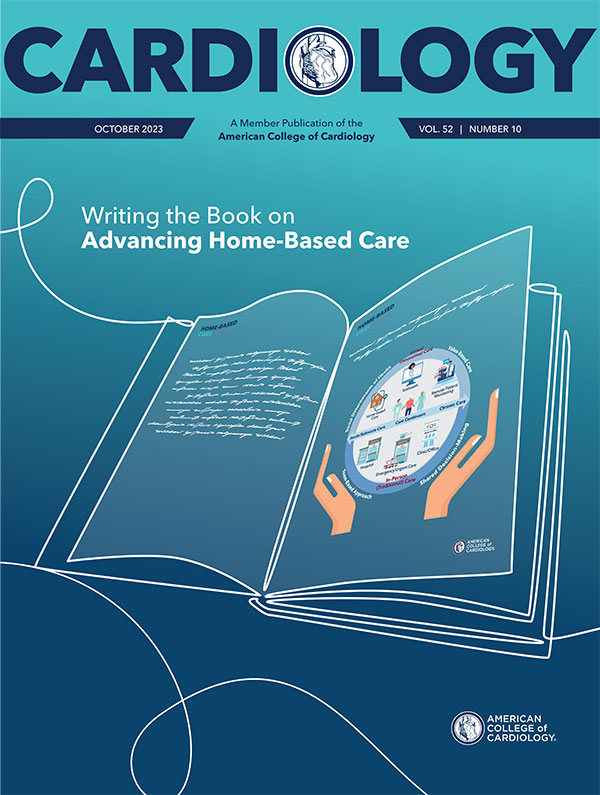For the FITs | Advice From an International Cardiology Fellowship Applicant

As I embark on my dedicated research training as a third year cardiology fellow at Duke University, memories of my long and unforgettable journey here flood my mind. When I completed medical school in Thailand in 2014, my path seemed clear: a one-year research fellowship in the U.S. and then back to Thailand to start my residency training.
I didn't forsee that I'd be making a life-altering decision to leave everything in Thailand behind and pursue my dream of training in the U.S. My entire life was about to undergo a profound transformation.
As a late starter, it took me a couple more years and two attempts on the U.S. Medical Licensing Examination Step 2CS before I finally matched into the University of Miami/Jackson Memorial Hospital in 2018 and, ultimately, Duke University in 2021.
Along this challenging journey, I've experienced moments of triumph and faced the depths of uncertainty.
Each step though has been a significant opportunity for growth and learning. Now, as I stand precisely where I'd always envisioned myself to be, I can't help but ponder, "What do I wish I had known before setting out on this journey?"
"Think Big, Start Small, Do Now"
The recruitment process is challenging and being a graduate from outside the U.S. adds an extra layer of difficulty. Why did I repeat it again? The graduates I've seen who have truly succeeded are those who don't dwell on the perceived unfairness of the system. Instead, they channel their energy into tireless, dedicated work. I've learned that getting my mind in the right place and taking action is the only way forward. There is no shortcut.
Perhaps I'm overly optimistic, but I firmly believe that putting in the extra effort can only lead to personal growth regardless of the match outcome. It makes us a better clinician, researcher and person. If the goal and purpose is clear, it's undoubtedly a win/win situation.
One question often nags at me: Am I working hard enough? This is especially true when I compare myself to my highly productive peers. It's crucial to remember that our journeys start at different points, and some may have more experience, making them more efficient.
My guiding advice is to embrace our own pace as long as we're making progress. Never stop pushing forward. In the grand scheme of things, I remind myself to hold onto the mantra: "think big, start small, do now!"
Know Your Calling and Be Unique
In the competitive world of matching, discovering our true calling within cardiology early on is important. I was fortunate to identify my passion for advanced heart failure and transplant cardiology at the start of my journey. This led to my decision to pursue training in the U.S. After spending a year in research, I then learned that LVADs are my calling within heart failure.
If you haven't pinpointed a sub-subspecialty yet, having a specific interest in certain areas of cardiology (e.g., global health, women's cardiovascular health) is entirely acceptable. Alternatively, your calling could lie outside cardiology, such as in research, medical education or health promotion. Knowing my calling has been immensely beneficial since the beginning of my residency.
By expressing my interests to my mentors, I could shape my work and research around what truly impassions me. Going into the match process, it's also very important to be a unique applicant. Being a hardworking foreign graduate away from home and family won't make you unique enough. Your true uniqueness lies in your passion and calling, backed by measurable accomplishments. Knowing your calling will serve as a guiding force, driving you to seek meaningful experiences during your journey.
Build Your Mentor Squad
Having multiple mentors is seriously a big deal. Build your own squad of mentors who've got your back in all kinds of areas, both personal and professional. And here's the thing – mix it up! Find mentors from different stages of their careers and different backgrounds. Remember to include fellow international graduates in your mentorship team too! They can give you super-specific and realistic advice. And here's a gem of (somewhat) personal advice – don't overlook young mentors. These peeps are just a few steps ahead of you in the game but they're invaluable.
One of my mentors, a grad from outside the U.S. like me, was my chief resident when I first started my residency. I got plenty of realistic advice on finding mentors and diving into research projects. This saved me loads of time and made a huge impact on my journey, from my old institution to the match process. As those young mentors climb the ladder in their careers, they come at you with all sorts of fresh advice and experiences.
And guess what? This mentorship can last a lifetime! They also prove that pushing through challenges gets you closer to your ultimate goals and totally inspire you to keep going. Just remember, their success wasn't handed to them on a silver platter, and they'll have high expectations. Get ready to work hard and exceed them!
Embrace Your (Visa) Status
Visa status is a significant nonmodifiable factor for international applicants. Whether you're J-positive or H-positive, it can be a hindrance in various ways. Programs often prefer candidates without visa complexities, as it simplifies paperwork and funding options like T32 grants. As an international graduate with any visa status, you need to be an exceptional candidate for programs to seriously consider you (though being a U.S. citizen or green card holder makes a difference). Embrace this challenge as an opportunity to showcase your perseverance.
Based on my experience as a J-positive applicant, I found it beneficial to openly discuss my visa status. Instead of avoiding the topic, I asked programs about alternative resources and support for pursuing an academic career without T32 funding. Sharing my own plans to enrich research training during fellowship without extra support I couldn't get as a visa holder also demonstrated my determination.
Never Give Up
We all put in immense effort and make sacrifices, yet our paths may diverge in terms of success. If you find yourself facing setbacks, please don't be disheartened or underestimate your worth. Keep moving forward! Many of my own achievements came from being in the right place at the right time. Remember, your hard work will eventually bear fruit if you persevere. Quite simply, never give up!
Enjoy the Journey
It's been nine years since I made the decision to come to the U.S. My journey has been filled with both wonderful and challenging moments. While my main focus has always been matching into cardiology fellowship, I've cherished every step. This experience is life-changing, whether you end up in cardiology or not. During my three years in Miami, I immersed myself in Hispanic/Latino culture, something I wouldn't have experienced back in Thailand. I've formed close bonds with friends from diverse countries and backgrounds, gaining a broader perspective.
This journey has taught me independence and has undoubtedly contributed to my personal growth. As I reflect on these years, I want to remind my younger self and others that some of these experiences are one-of-a-kind. Savor them while they last. Life moves quickly, so let's make the most of every moment!

This article was authored by Veraprapas "Mark" Kittipibul, MD, a fellow in training at Duke University Medical Center in Durham, NC.
Keywords: ACC Publications, Cardiology Magazine, ACC International, Fellowships and Scholarships, Mentors, Internship and Residency, Cardiology
< Back to Listings


